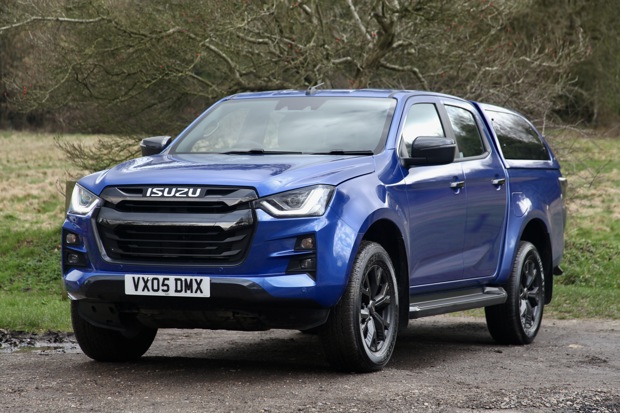Double Cab Pick-ups to be treated as cars for tax purposes in budget U-Turn

Double Cab Pick-ups will be treated the same as cars for tax purposes from April 2025.
The move was announced in the Autumn 2024 Budget with the reintroduction of taxation on double cab pick-up trucks as company cars for tax purposes.
The move, originally tabled in the March budget by the Conservative Party and shelved just a few weeks later, was reintroduced in Labour's first budget as the UK's governing party.
It means that models such as the Isuzu D-MAX, the ever popular Ford Ranger and the Toyota Hilux will be taxed as company cars and not commercial vehicles from April 2025.
It's a move that will significantly increase benefit-in-kind taxation for small businesses where the truck is allocated to an employee as a company vehicle.
The new government says it will now treat double cab pick-up vehicles with a payload of one tonne or more as a car for tax purposes. This applies to capital allowances, BIK and deductions from business profits, from April 6, 2025.
The decision will also affect fleets users, because cars are more expensive from an income tax and national insurance perspective than commercials.

